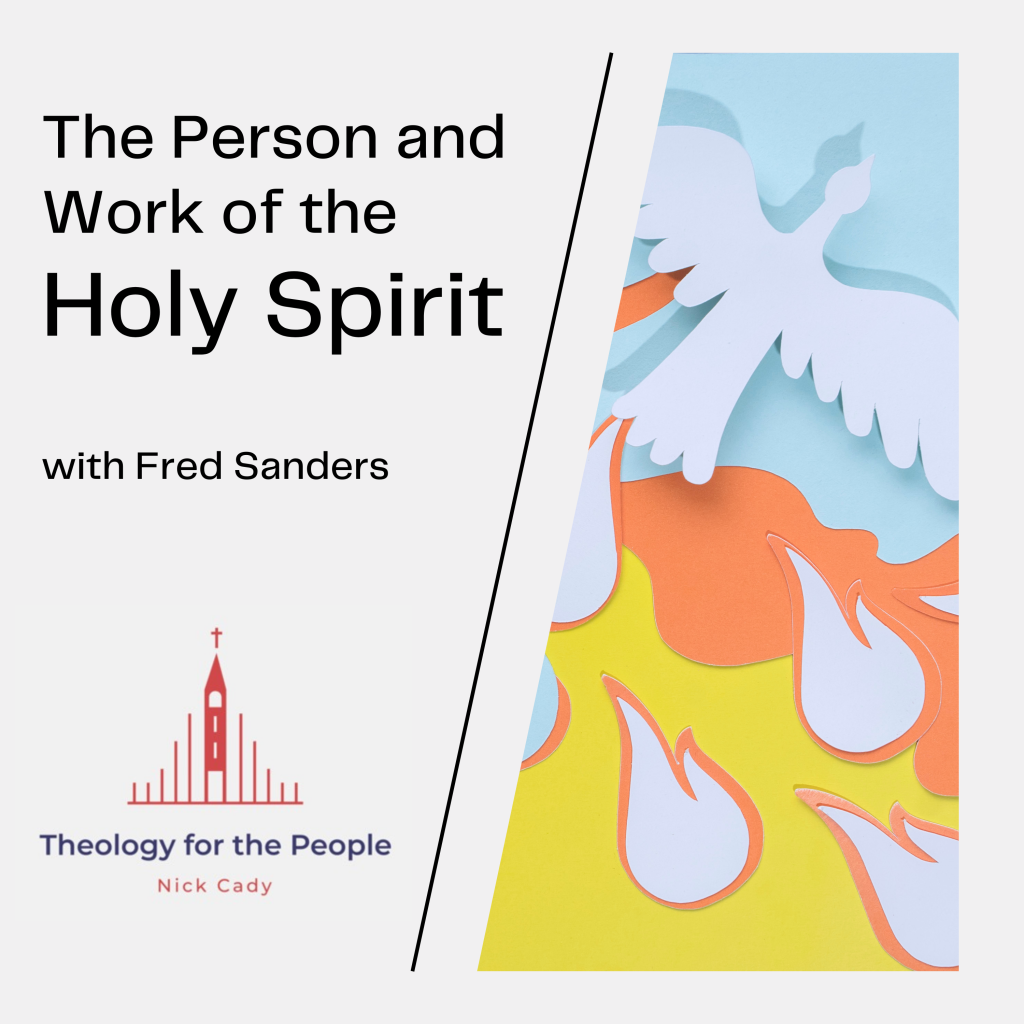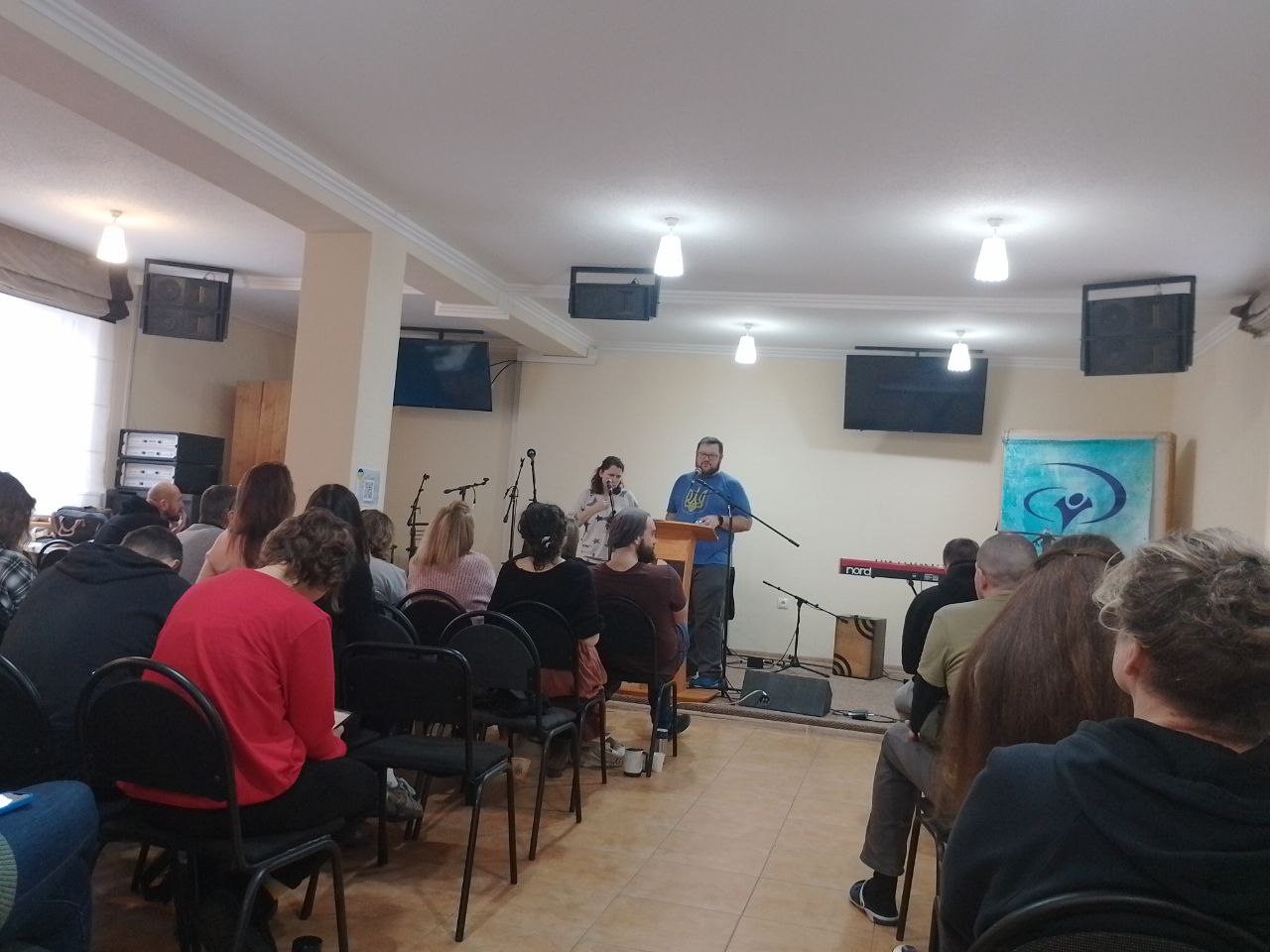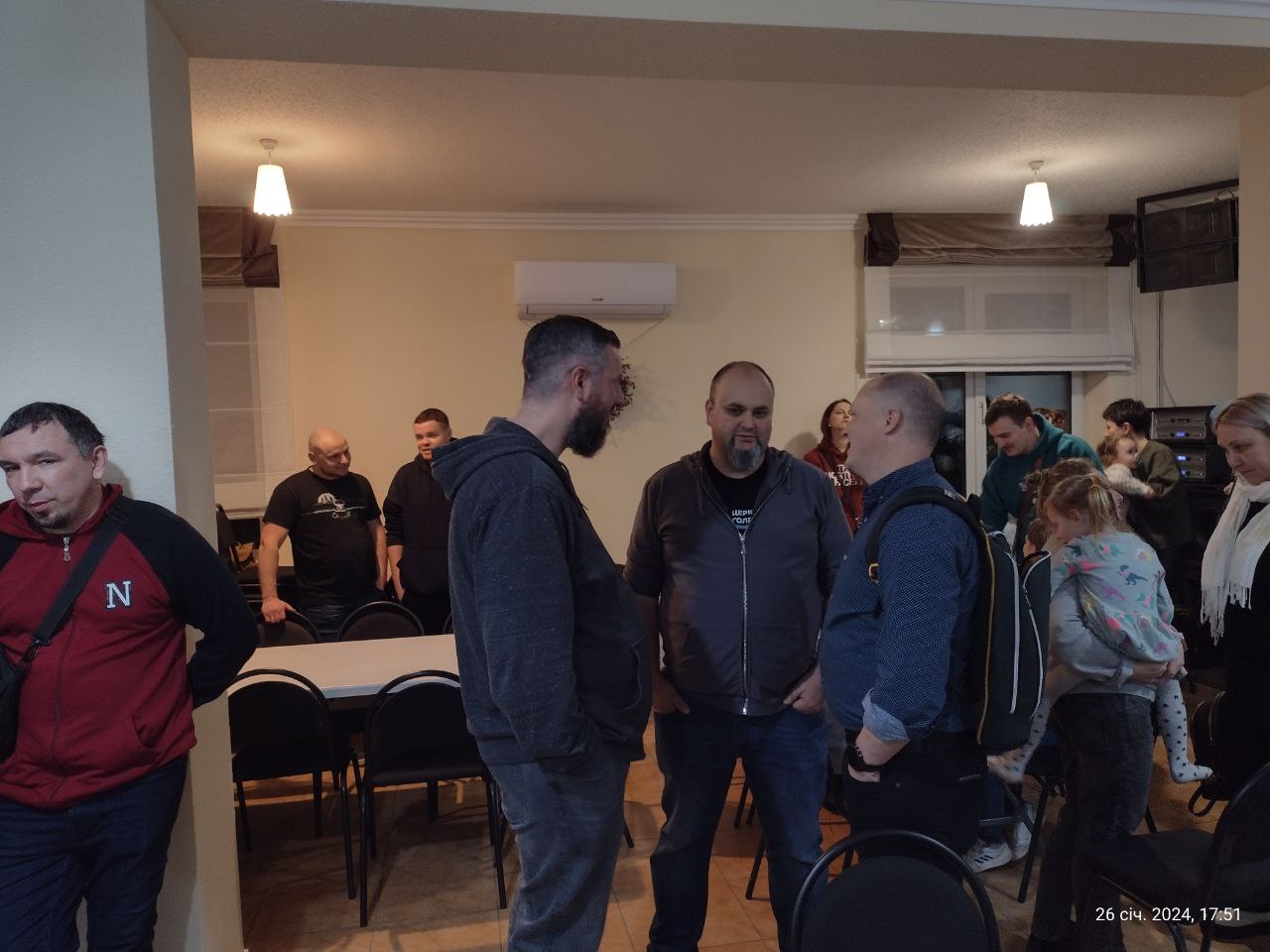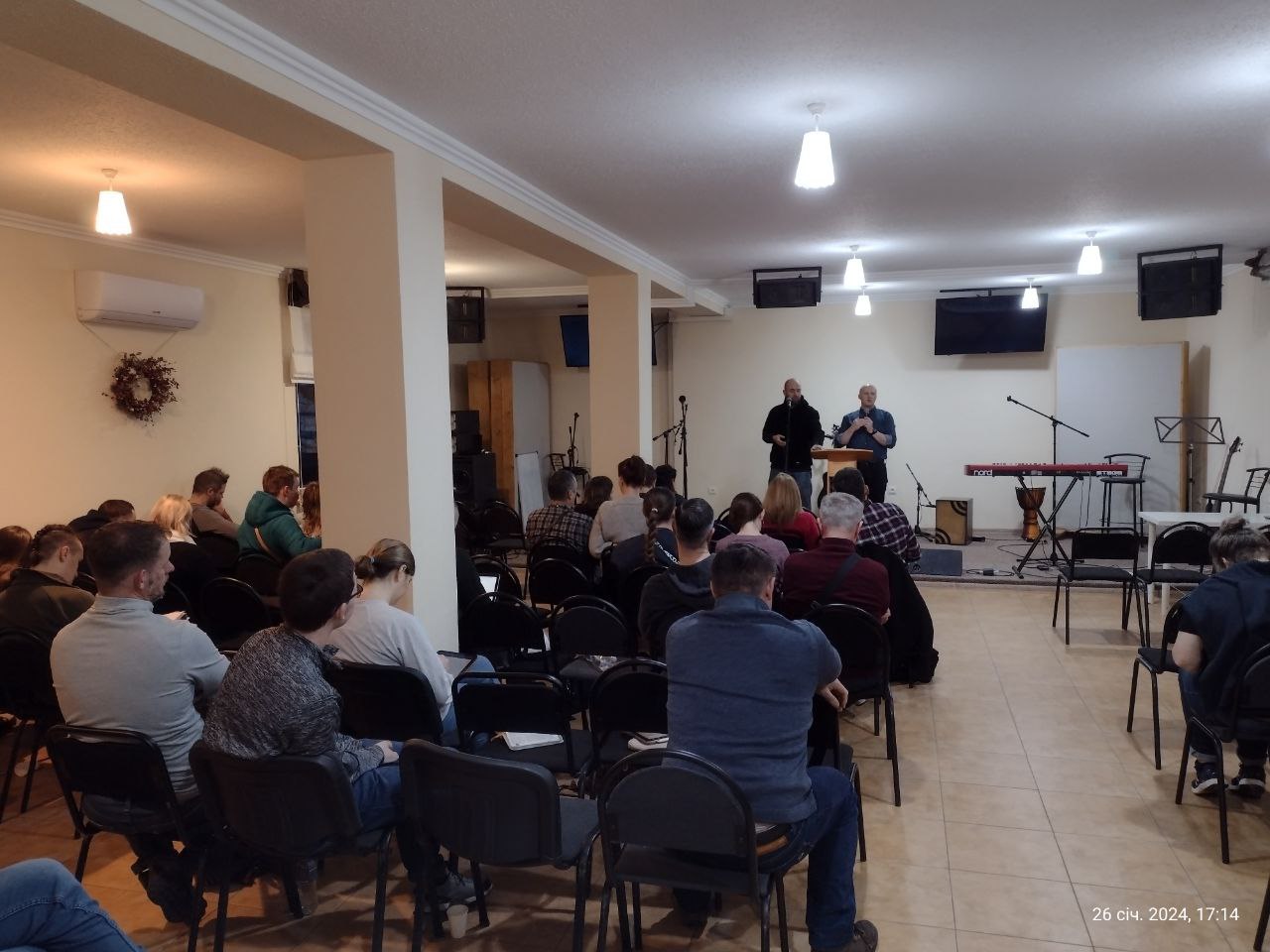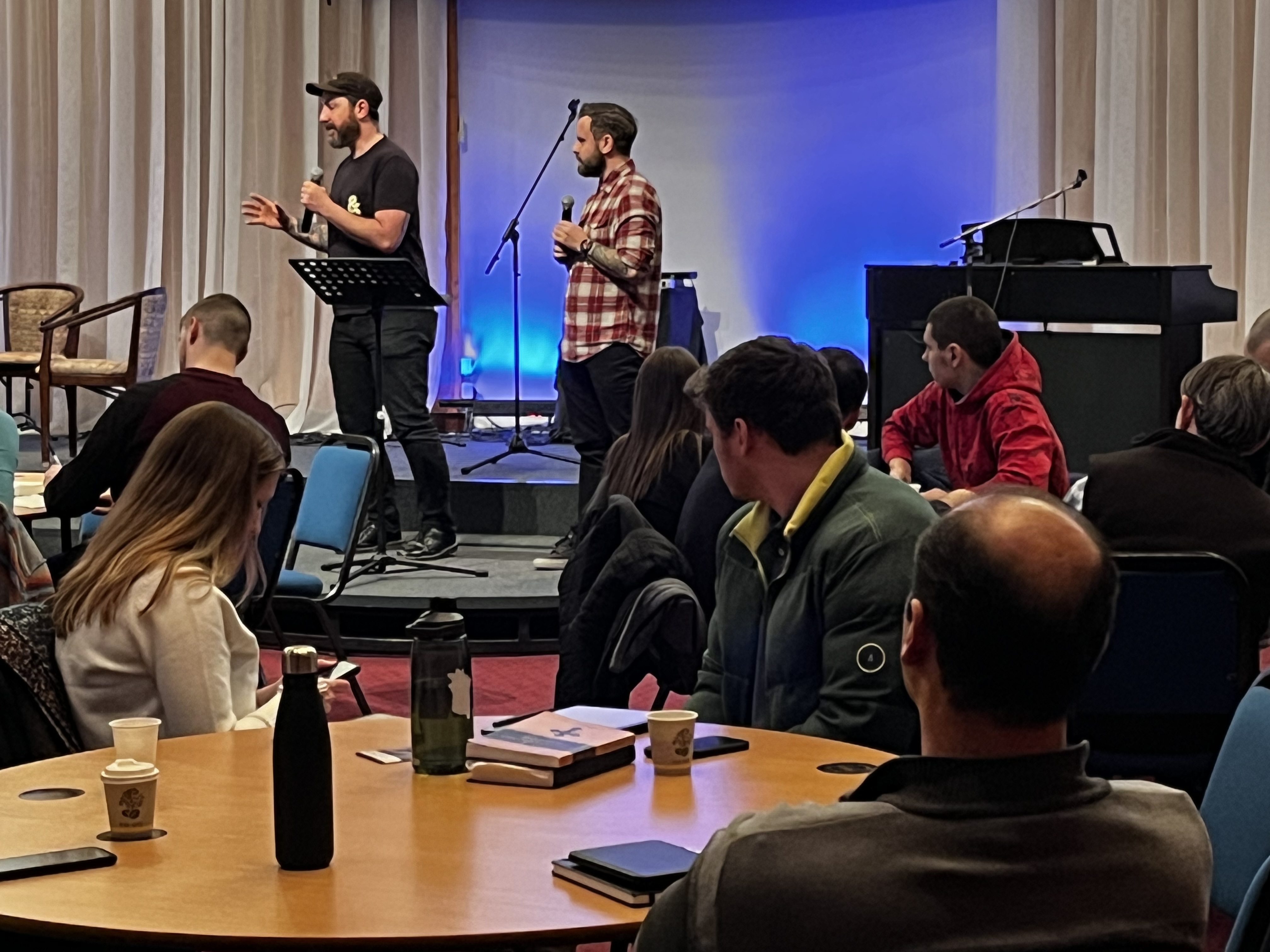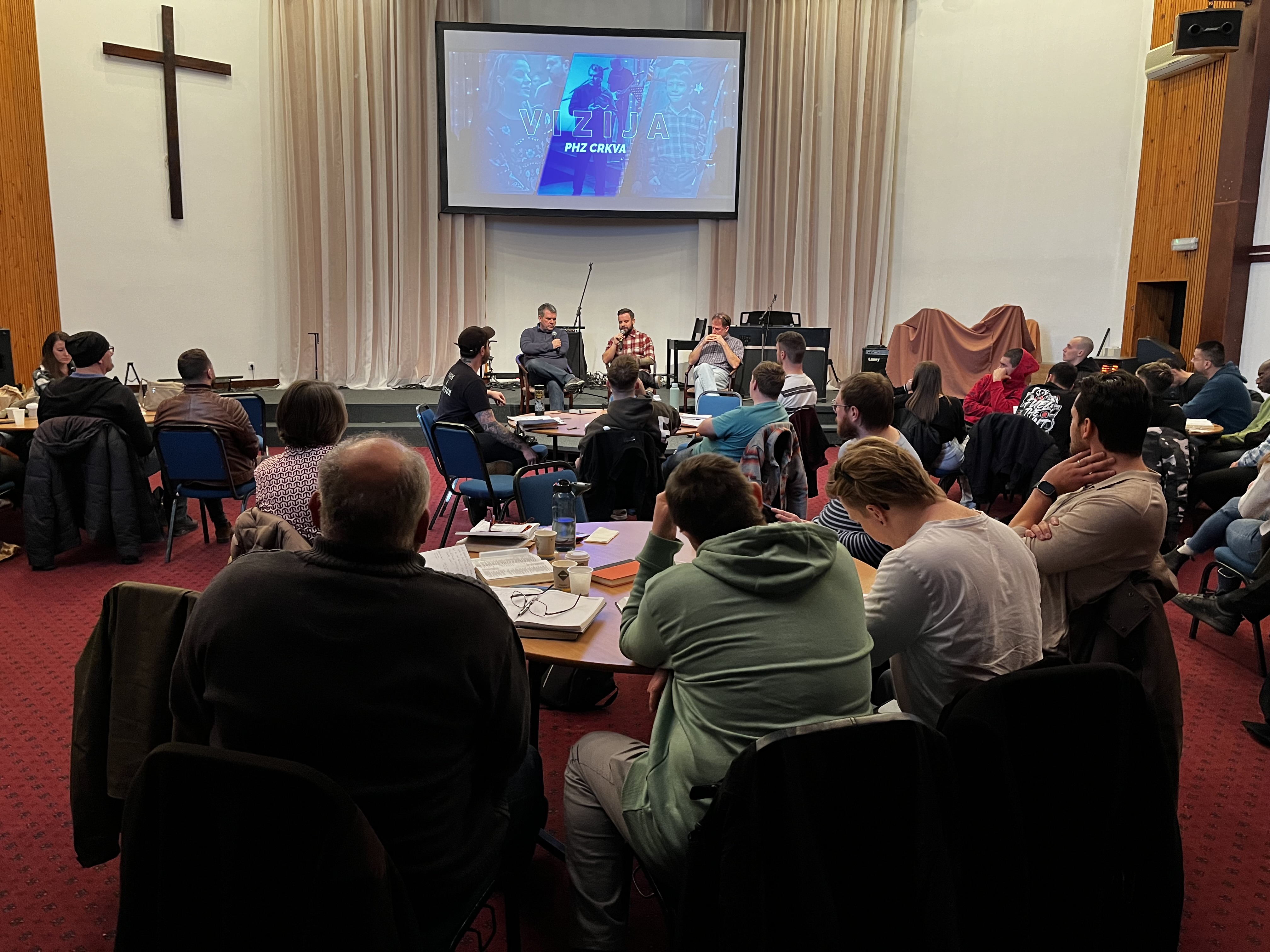
There is a page on this site where readers can submit questions or suggest topics. Recently I received the following question:
Are we as Christians allowed to practice contraception without sinning? I believe all Christians hold fast that abortion is always a sin, but can married people practice family planning (number of children, spacing)?
Creation and Stewardship
In the Book of Genesis, when God created the man and the woman, he gave them what is called “The Cultural Mandate”:
Then God said, “Let us make man in our image, after our likeness. And let them have dominion over the fish of the sea and over the birds of the heavens and over the livestock and over all the earth and over every creeping thing that creeps on the earth.”
Genesis 1:26-28
So God created man in his own image,
in the image of God he created him;
male and female he created them.
And God blessed them. And God said to them, “Be fruitful and multiply and fill the earth and subdue it, and have dominion over the fish of the sea and over the birds of the heavens and over every living thing that moves on the earth.”
Part of this mandate included being fruitful, multiplying, and filling the Earth – as well as “subduing” it, i.e. managing and stewarding the use of its resources.
Just as God created, now we are called and empowered to thoughtfully bring more life into being. Obviously we can’t do this apart from God’s work, but it also requires our participation. Sometimes when someone says they are “praying for children,” it’s nice to remind them that it takes more than just prayer! 😁
However, it’s worth noting that God, in creation, at a certain point, ceased creating! He didn’t create everything He could; certainly God could have imagined and created many other creatures and plants than He did, but at some point, He deemed His creation complete and perfect in its design. This act of ceasing to create speaks volumes about God’s intentionality.
What this shows us is that God values not only the act of creation but also the stewardship of His creation.
He entrusts humans with the responsibility to co-create with Him, to participate in the unfolding of His divine plan for the world. Within the context of marriage, this stewardship extends to the realm of family planning. Just as God decided when to create, and when to cease creating, Christian couples are called to exercise discernment and responsibility in their reproductive choices. This includes considering factors such as physical health, emotional readiness, financial stability, and the well-being of existing children.
Contraception, when used responsibly and in accordance with a couple’s shared values and beliefs, can be a tool for fulfilling this stewardship.
Also worth keeping in mind is the fact that not all contraception is equal in nature. It’s worth considering whether the given method prevents conception, or terminates conception. Those forms of contraception that prevent contraception are ethical and can be used in good conscience by Christians.
Ask a Question or Suggest a Topic
If you have a question or would like to suggest a topic for me to address here on the blog, click here: Ask a Question or Suggest a Topic

